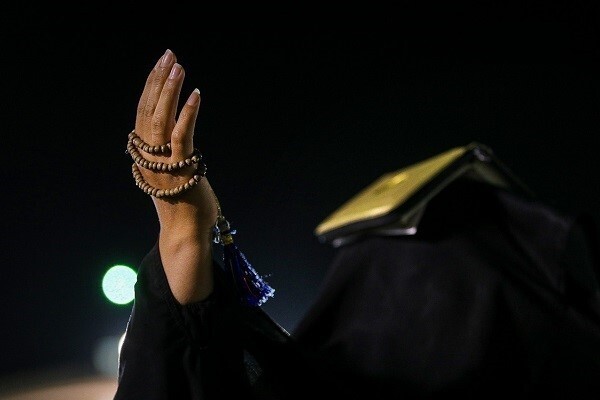Messages of Supplication for Day 27 of Ramadan

Asking for forgiveness from God and truly repenting before Him are among the major elements that help humans grow.
In the supplication dedicated to day 27 of the blessed month of Ramadan, we read: “O Allah, on this day, bestow on me the blessings of Laylatul Qadr, change my affairs from (being) difficult to (being) easy, accept my apologies, and decrease for me [my] sins and burdens, O the Compassionate with His righteous servants.”
In Surah Al-Qadr, we read that the Night of Qadr is superior to a thousand months. We should grasp this great opportunity that has been given to us in the blessed month of Ramadan.
According to the Holy Quran, with every difficulty there is relief. This is a delicate point and for understanding it we should take all the verses of Surah Al-Inshirah into consideration. “Have We not expanded for you your breast, (1) And taken off from you your burden, (2) Which pressed heavily upon your back, (3) And exalted for you your esteem? (4) Surely with difficulty is ease (5) With difficulty is surely ease (6) So when you are free, nominate (7) And make your Lord your exclusive object (8).”
The Surah specifically addresses Prophet Muhammad (PBUH). With a kind tone, verses of this Surah remind the Holy Prophet how God has settled the problems and turned difficulties to ease.
It also urges for action and effort as it stresses that ease has been hidden inside difficulties. Difficulties and challenges are preludes to progress and perfection.
Expressing regret and truly repenting before God Almighty is among the major factors that help us move toward ethical growth and perfection. The Holy Quran has also noted that repenting leads to salvation: “And, O believers turn to Allah all together, in order that you prosper.” (Surah An-Nur, verse 31)
This article was derived from a book written in Persian by Hojat-ol-Islam Ruhollah Bidram.


